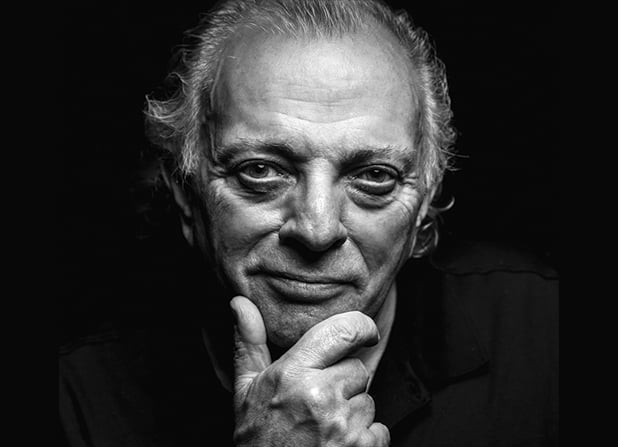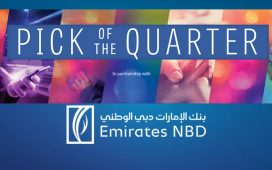
Creators, in whichever field, are rewarded by and indeed survive on the originality of their creations. They – the creations – represent the fulfilment of time, dedication, application and thought. The process of creating demands enormous waves of self-criticism and mountains of time and endeavour. The struggle involved, the sweat, frustration and eventual exhilaration may be ultimately rewarding even if only in the satisfaction of the actual achievement. Whether that achievement converts into money or recognition is merely an added benefit. The point is the doing. When that last full stop, paint stroke or music note is placed, something has been born that is the achievement of the individual creator’s hard work. That work then becomes the infrangible property of the creator – unless there is some contractual arrangement to the contrary. However, there is no contract that can override the fact that the work was the product of someone’s or some people’s dedication and, more importantly, original thinking.
International law recognises that very point: that copyright exists at the moment of creation and that all rights belong absolutely to the person at the moment that the work is born.
Nevertheless, disputes over copyright occur and in many cases by sheer coincidence – particularly in music where it is almost impossible to not accidentally ‘borrow’ a phrase from some obscure or even not so obscure work without realising the error. There are so many high profile examples of this, not least of all the George Harrison case in music or the Melania Trump/Michelle Obama case with the spoken word (perhaps not so coincidental). These sometimes complex disputes can be deliberate or incidental. We have all absorbed oceans of books, music, photographs and internet images and it would be difficult to avoid occasional and innocent dips into subconscious influences to unwittingly use a phrase, a colour combination or a shape of notes that are derivative. But in my opinion, generally, these are not executed with a single-minded intent to steal.
However, there is another activity that is all too prevalent in the commercial world where creativity meets commerce, competition and financial reward. Some call it plagiarism, a rather austere word that almost sounds acceptable. It is the right word, but I personally prefer to call it theft.
And therein lies the difference between an entirely innocent misuse of something, sparked by a subconscious surfacing of thought or influence, and the deliberate laying claim by someone to something created by someone else.
This calculated act of misrepresenting oneself as the creator of something one did not create in order to gain recognition or business advantage is an interesting concept in that it is self-defeating in almost every way; so one has to ask oneself what the motive is behind it.
Given that the thief must live up to the expectations of the claim he or she has made, one might think that they were risking ridicule at the very least. Furthermore, it is almost inevitable that they will be exposed, as creative communities are small and social media is ruthless in its ability to highlight, among other things, blatant misrepresentation. Thirdly, of course, is the fact that the imposter, once revealed, is showing that they do not have the ability to create anything of value themselves and so must sink to the level of presenting other people’s work to gain… what? Respect? Short-lived. Advantage? Perhaps briefly. Self-congratulation? Better to change direction; your career path is doomed and you would be better to turn your ambitions to something more within your creative orbit, such as driving a bus or serving tables (no disrespect meant to those honourable professions).
I have come to see that there is too much of this behaviour going on in our industry. Artists live by the work they produce. It is their lifeblood. It is how they survive and earn a living. It is what they have and what they do. They probably cannot do much else because it is the fundamental essence that makes their lives complete and fires their inner drives.
It is time for us, as a community, to stop creative theft and misrepresentation. How abusive to one’s peers it is to stand up and brag about another person’s hard work and claim it as yours. We must expose this when we see it, talk about it, not tolerate it, and let us respect creators for the genuine and inspiring work they do. The sooner this sense of integrity takes hold, the quicker we rid ourselves of unwanted second-raters, the stronger the motivation and the better as a whole for all our creative industries.









